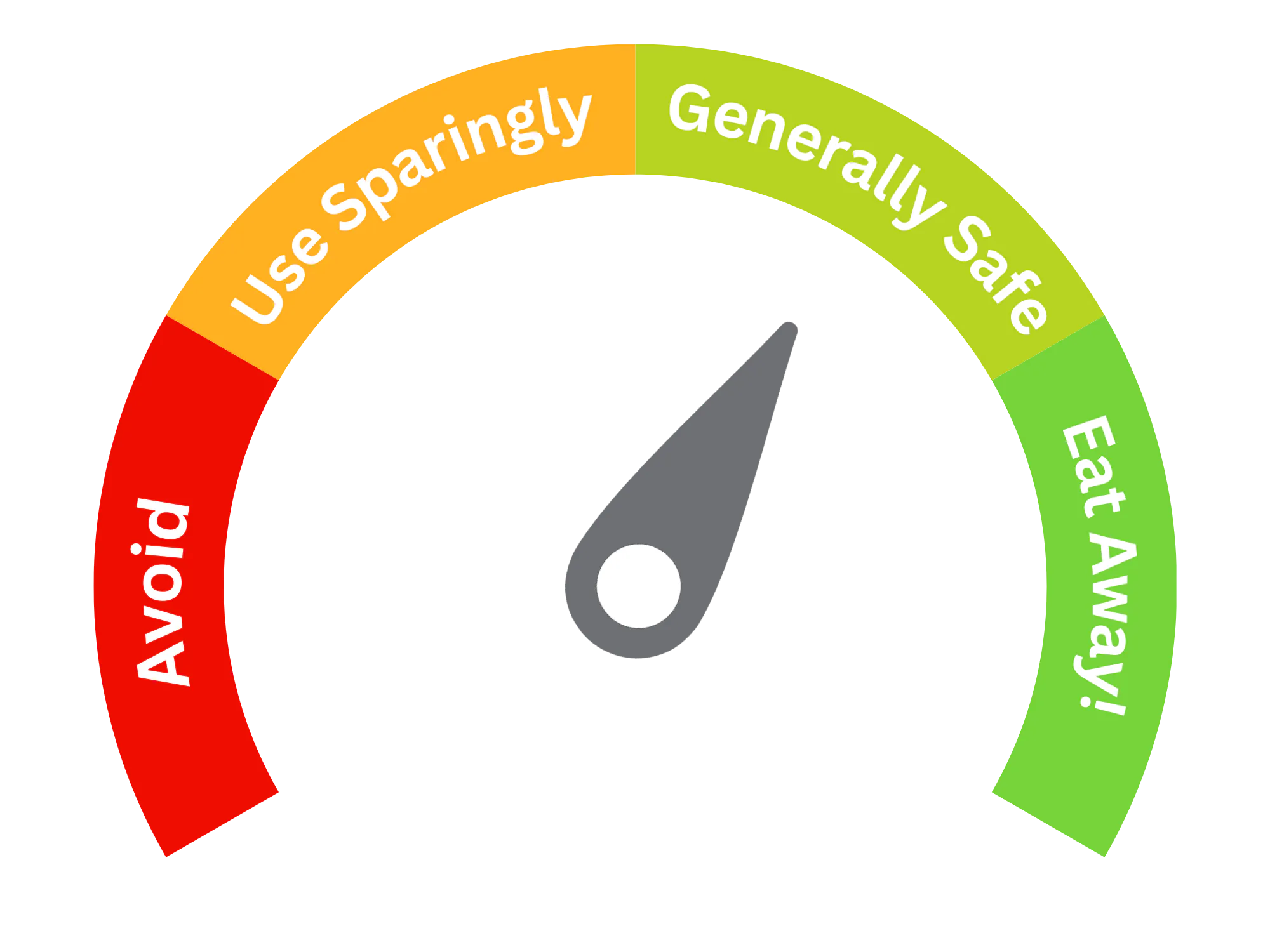Magnesium Citrate (E345)
| Type of additive (Glossary) | Acidity Regulators Fortifying Agents Stabilizers |
| E Number | E345 |
| Chemical Formula | C6H6MgO7 |

Purpose and Function
agnesium Citrate (E345) is used in the food industry as an acidity regulator, stabilizer, and fortifying agent. It helps control the pH of food products, improve texture, and provide a source of dietary magnesium. Common applications include:
- Fortified foods and beverages: Used to add magnesium to products such as dietary supplements, sports drinks, and fortified foods.
- Baked goods: Acts as a stabilizer to improve the texture and quality of baked products.
- Dairy products: Used in products like yogurt and cheese to help stabilize and maintain texture.
- Nutritional supplements: Commonly found in magnesium supplements due to its high bioavailability.
- Confectionery: Can be used in candies and other sweets for texture improvement.
Magnesium Citrate (E345) offers functional benefits in food processing and serves as a valuable source of magnesium, which is an essential nutrient.
Potential Risks and Side Effects
Magnesium Citrate (E345) is generally considered safe for consumption when used within regulated limits. Some considerations include:
- High magnesium intake: Excessive consumption, especially from supplements, may lead to digestive discomfort, such as diarrhea or stomach cramps, particularly for individuals with kidney problems.
- Laxative effect: In high doses, magnesium citrate is known to have a laxative effect, which is why it is also used in medicinal preparations for constipation relief.
- Regulatory approval: Magnesium Citrate (E345) is approved for use in many countries, including the European Union and the United States, where it is considered safe when used as a food additive or dietary supplement.
Overall, Magnesium Citrate (E345) is regarded as a safe and effective food additive with both functional and nutritional benefits.
